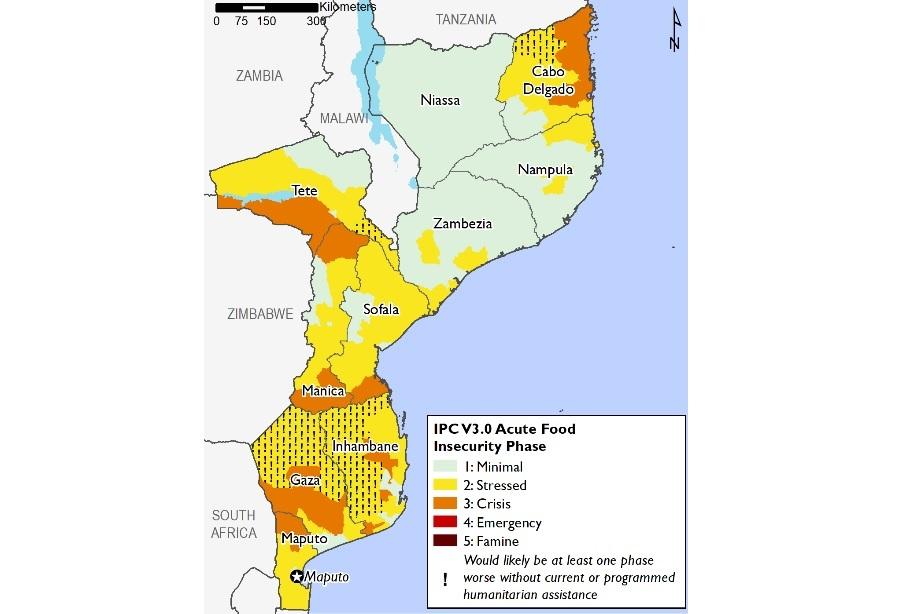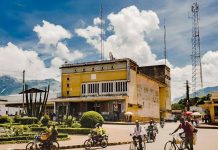Africa-Press – Mozambique. The US-funded Famine Early Warning Systems Network (FEWS NET) has warned that it expects an area level food crisis to continue across the northern Mozambican province of Cabo Delgado for more than nine months.
The food crisis was caused by hundreds of thousands of people fleeing their homes in the face of attacks by islamist terrorists in some parts of Cabo Delgado. A recent offensive by Mozambican security forces, along with their allies from SADC (Southern African Development Community) and Rwanda, has gained control over significant ground, securing areas previously contested by the terrorists. However, agriculture and livelihoods in these areas have been destroyed and people will need to be supported until the next harvest.
In a report published on Thursday, FEWS NET acknowledges that some internally displaced people have begun returning home. However, it expects emergency food assistance will be needed for more than 866,000 people beyond June 2022. It points out that the World Food Programme (WFP) does not have the funding to provide the food aid needed, and laments that WFP will continue to provide only half rations throughout October. This gives recipients only 39 per cent of the calories they need. FEWS NET notes that in response to the crisis, WFP is planning to carry out a vulnerability-based targeting exercise covering internally displaced people and host communities to better target food assistance.
According to WFP, 67.9 million US dollars are needed to sustain its operations in northern Mozambique until December 2021. However, it is not the only international organisation in urgent need of funds to help the victims of terrorism. Earlier this week, the United Nations Children’s Fund, UNICEF, revealed that it has only received 25 million US dollars in donations to provide life-saving and life-sustaining services for children and their caregivers in Mozambique. When taking into account funds carried over from previous years UNICEF’s funding gap stands at 60 per cent.






